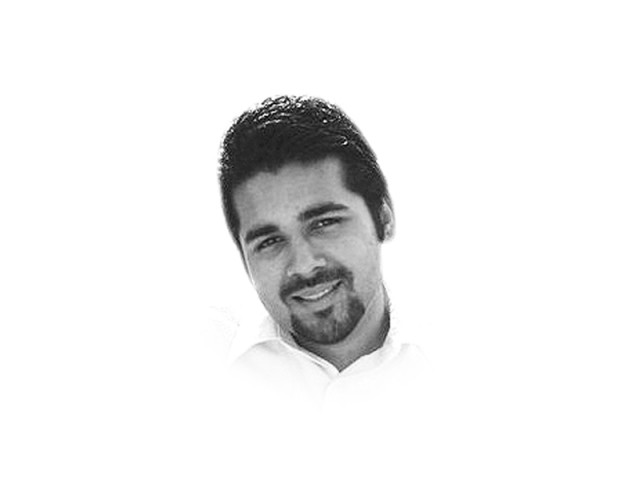It’s ok if the majority remains ignorant
Such ignorance can actually help in forming a consensus among the ruling elite for a smoother functioning of society.

The underlining principle of why people are ignorant, or opt for apathy, is that society is somewhat just and the people’s socioeconomic conditions allow it to overlook societal ills beyond their neighbourhood, city or country. It certainly does not compel them to participate in or be informed on worldly affairs. Dahl claimed, citing empirical evidence pertaining to the United States, the lower the socioeconomic background, the more a person tends to become authoritarian. This is probably so because one seeks immediate relief and change. However, society must remain just and opportunities must exist for one to improve their economic wellbeing for them to remain politically apathetic.
Western society is free and has access to information but the ordinary citizen chooses not to pursue it. Over time, social scientists have observed that political inactivity serves a representative democracy best. Participation beyond a certain level undermines the stability and functioning of the polyarchy. As for the accountability of the government, people must possess an inclination towards democracy and strongly oppose dictatorial impulses. That is to say, the majority must be united in choosing to be governed democratically. For ordinary citizens, politics and political activity occupies a peripheral status, Dahl says, and this only becomes salient if government action or inaction impinges upon their private goals.
Politics has always been the domain of the few, particularly the rich. It is for those who can afford to engage in it, and not for the inept and inarticulate or those who struggle to make ends meet.
Published in The Express Tribune, October 4th, 2013.



















COMMENTS
Comments are moderated and generally will be posted if they are on-topic and not abusive.
For more information, please see our Comments FAQ